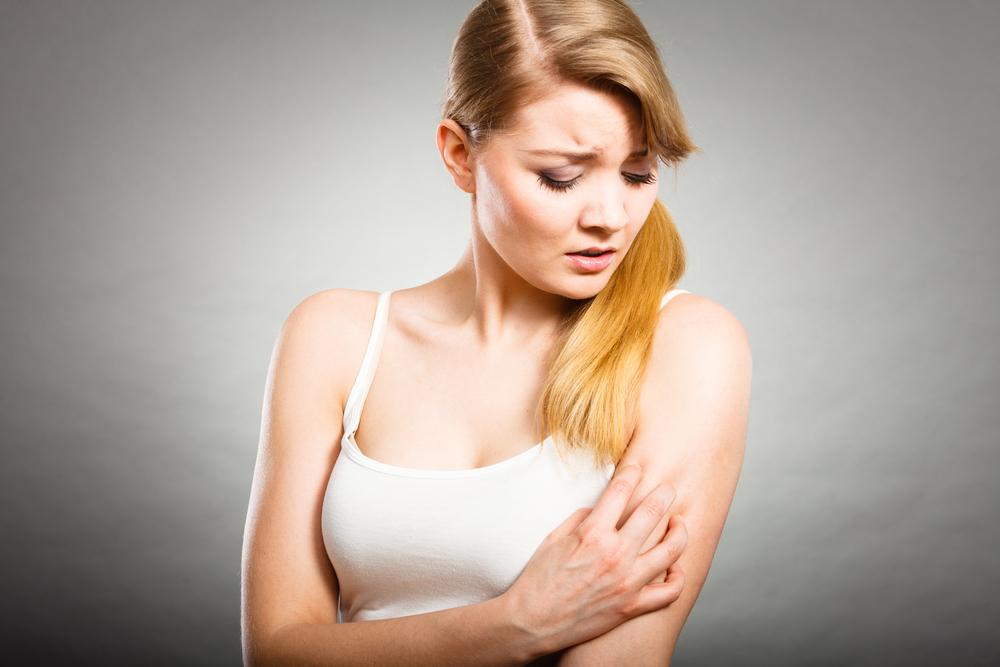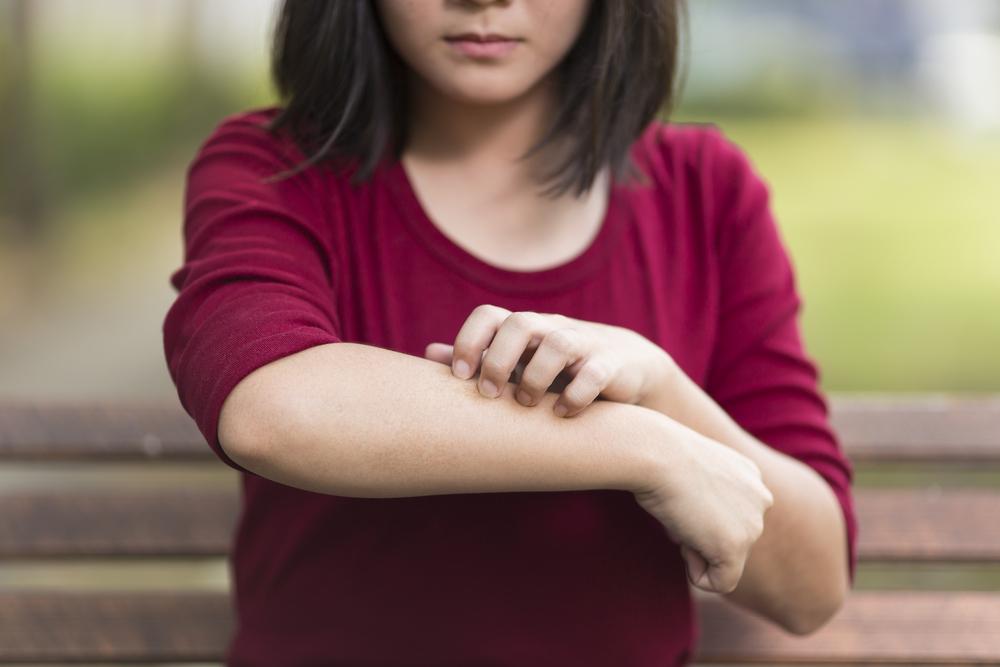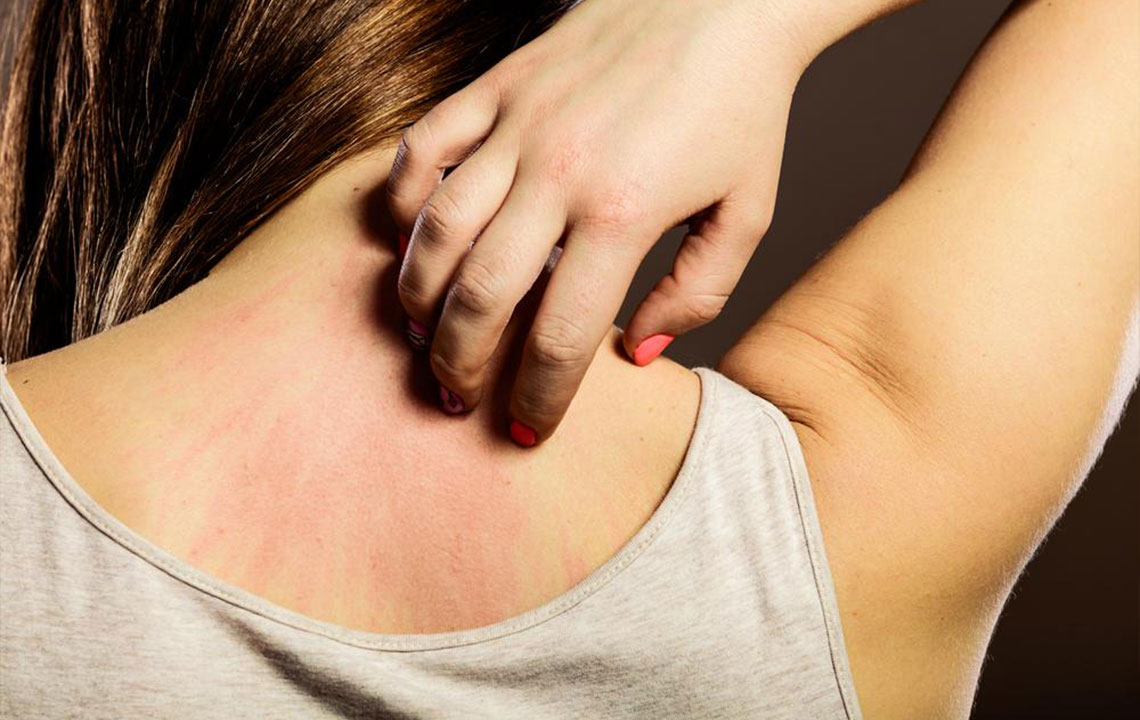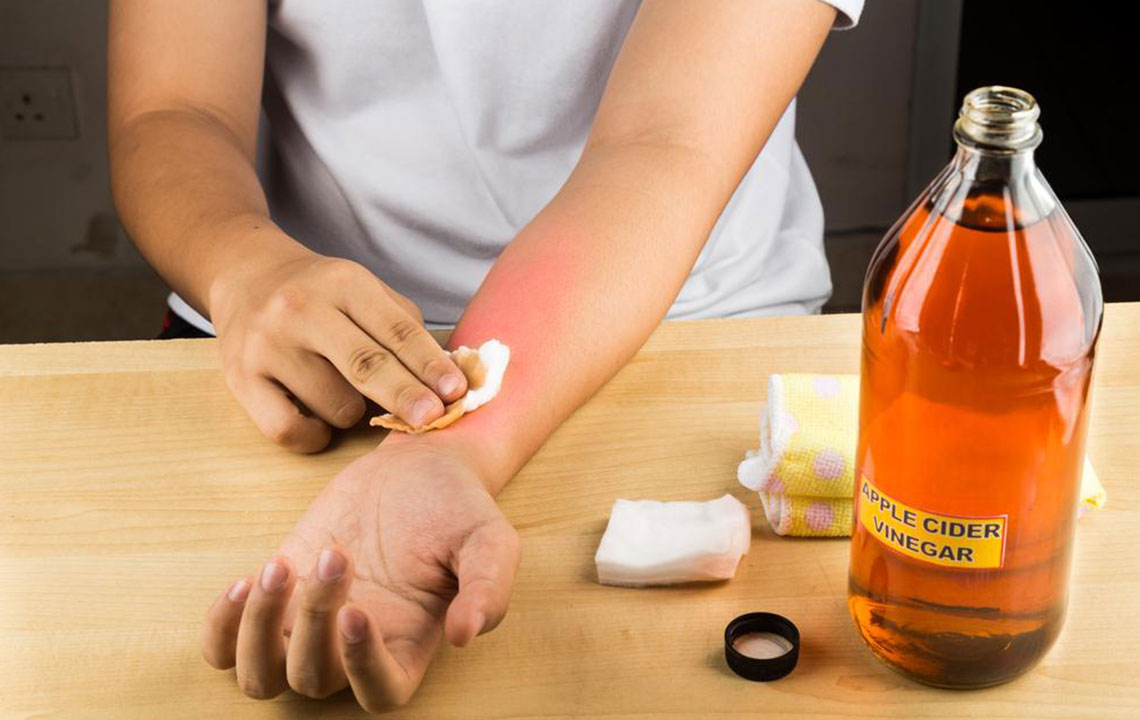Ultimate Guide to Easing Itching and Skin Discomfort
This comprehensive guide explores the causes, symptoms, and treatment options for itchy skin. It highlights simple home remedies like cold compresses and oatmeal baths, along with medical treatments including antihistamines and topical steroids. Understanding triggers like dry skin, allergies, and underlying health issues can help individuals effectively manage this common discomfort. Always seek professional medical advice for persistent or severe cases to ensure proper care. A useful resource for anyone suffering from pruritus seeking relief and better skin health.

Ultimate Guide to Easing Itching and Skin Discomfort
Itching, or pruritus, is an uncomfortable sensation that drives the urge to scratch. This persistent feeling can be localized or spread, sometimes causing rashes or hives. Primarily linked to dry skin, especially in seniors due to aging, itchy skin can also result from various health issues. Recognizing its causes, symptoms, and treatment options is key to effective relief and skin health maintenance.
Below is an overview of common triggers, signs, and effective remedies for itchy skin.
What leads to itchy skin?
While dryness is the main reason, other factors include skin disorders, infections, allergic responses, certain illnesses, pregnancy, medication effects, and nerve-related issues.
Additional causes encompass:
Dehydration – Low moisture levels in the skin often cause itching, particularly with age or environmental exposure to heating and cooling systems.
Atopic Dermatitis – This chronic skin condition leads to dryness, redness, and sensitivity to triggers like hot water and rough fabrics.
Other contributing factors include:
Contact Dermatitis – Reaction to irritants or allergens.
Psoriasis – An autoimmune disorder featuring inflamed, itchy patches.
Kidney Problems – Toxins buildup disrupting skin health, often intensifying at night.
Liver Conditions – Liver issues may cause itchiness mainly on palms and soles.
Diabetes – Associated with dry skin and increased itching.
Hypothyroidism – Leads to dry, itchy skin due to slowed metabolism.
Signs of Itchy Skin
Itching may affect small areas or the entire body, sometimes without visible signs.
Redness, bumps, blisters, and dryness are typical symptoms based on the cause.
Constant scratching can damage skin, worsening the itch and creating a cycle that is hard to break.
Simple Relief Strategies
Cold Compress – Applying ice or a cool, damp cloth provides quick soothing relief.
Oatmeal Baths – Help reduce redness and irritation effectively.
Menthol or Calamine Lotion – Topical agents that decrease itching sensations.
Moisturization – Using fragrance-free, gentle moisturizers regularly keeps skin hydrated, especially after bathing.
Medical Options for Persistent Itching
Anti-Itch Creams – Provide relief and help stop the scratching cycle.
Antihistamines – Useful if allergies are the cause.
Phototherapy – UV light therapy for severe, ongoing cases.
Topical Steroids – Reduce inflammation and skin redness caused by scratching.
Disclaimer:
This guide aims to inform about itchy skin management but is not a substitute for medical advice. For persistent or severe symptoms, consult a healthcare professional. The information provided is for educational purposes only and may not cover all options or conditions.


